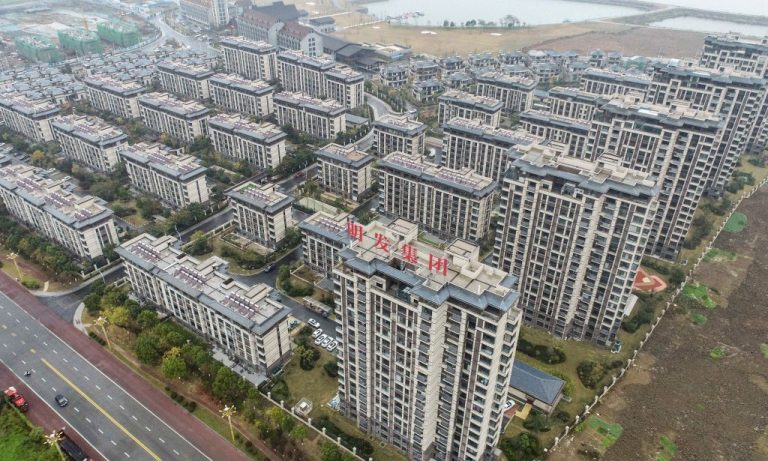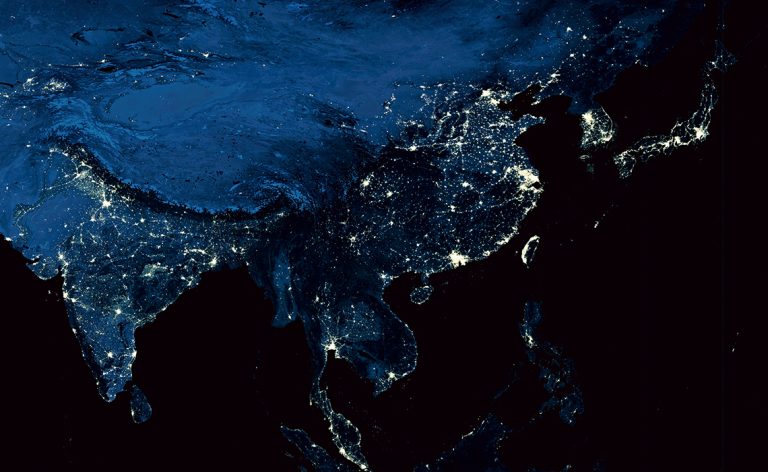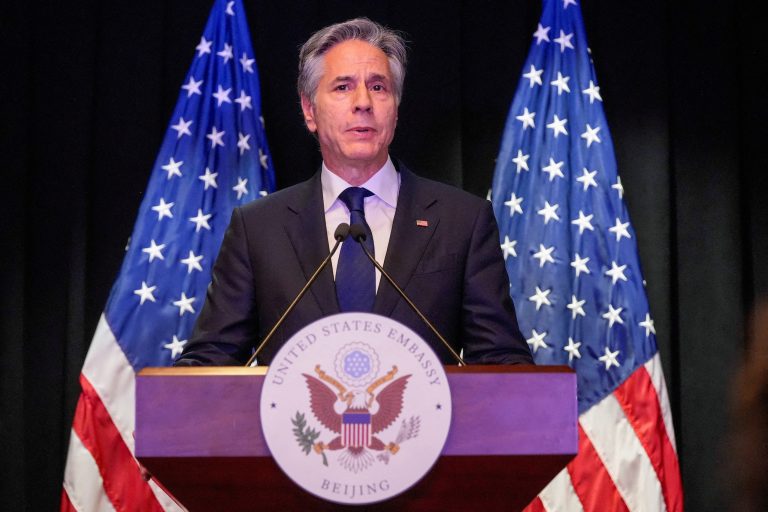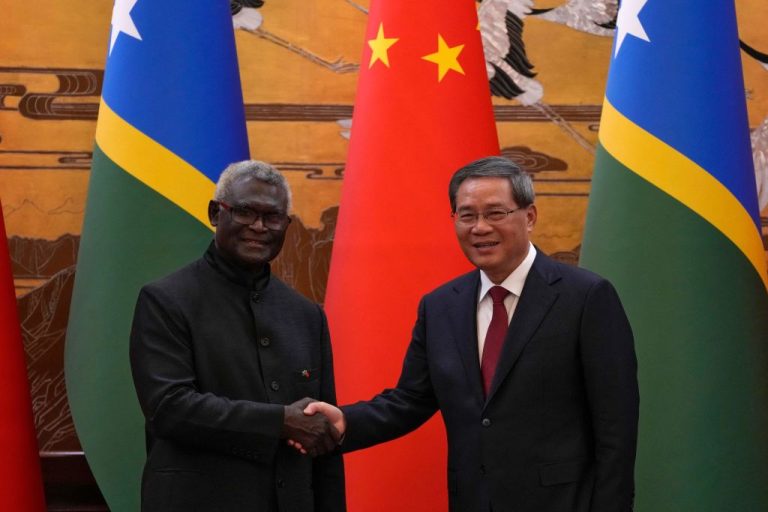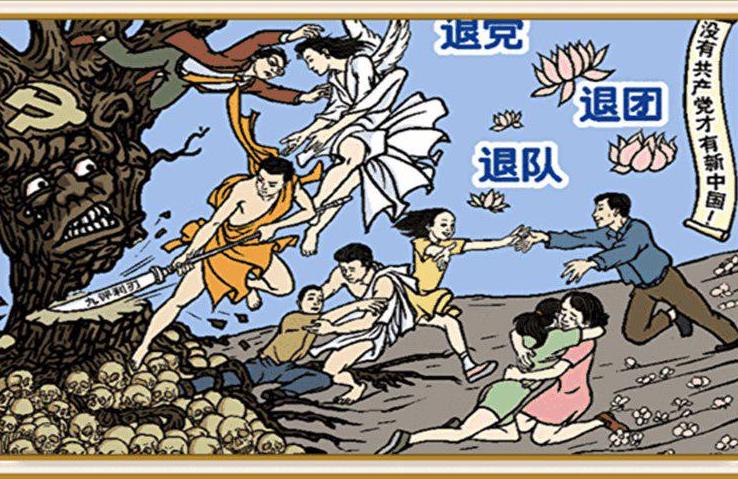The Chinese authorities have extended loan relief for property developers until December of 2024, the next step in a recent slew of efforts to bolster an economy plagued by a rapidly devaluing yuan and a highly volatile stock market.
The property sector is a core pillar of the stability of the economy because banks have exceptional exposure in the form of outstanding loans.
Bloomberg summarized a Chinese-language announcement by The People’s Bank of China (PBoC), the central bank, and the National Finance Regulatory Administration issued on July 10 in the following way, “Some outstanding loans — including trust loans due by the end of 2024 — will be given a one-year repayment extension.”
The extension applied to a number of loans that otherwise were scheduled to come due in May of this year.
In June, citing “people familiar with the matter” inside China, Bloomberg reported that the Xi leadership was further looking at stimulating the real estate sector by reducing down payment requirements in “non-core” neighborhoods inside main metropolises and limiting commissions charged by realtors.
Success
You are now signed up for our newsletter
Success
Check your email to complete sign up
The moves come on the back of a major reshuffle at the PBoC, which saw Deputy Governor Pan Gongsheng, an apparent Xi loyalist, be promoted to the bank’s Party Secretary position.
Both Chinese and Western media have reported that Pan is also set to succeed Governor Yi Gang, who has served since 2018 and is set to retire.
During a press conference following several hours of meetings in Beijing, U.S. Secretary of Treasury Janet Yellen referred to Pan as the “acting Governor” and “head” of the central bank, although Yellen acknowledged that at present, no formal announcement has been made.
Bloomberg stated in its July 10 article that the China Securities Journal, described as the “flagship securities newspaper,” said the government is “expected to ‘accelerate’ policy roll-out in order to promote the stable and healthy development of its real estate market.”
A secondary report in the Journal said officials also want to “boost business confidence among private, state-owned and foreign firms following…recent meetings with company executives.”
The poor health of the mainland Chinese economy in the aftermath of the Wuhan Pneumonia epidemic, which some have said has claimed several hundred million lives, and the after effects of the Communist Party’s “zero-COVID” policy, is well manifest in one recent piece of government data.
At the end of June, data from the Ministry of Culture and Tourism showed that tourism spending during the 2023 Dragon Boat Festival came in at 95 percent of what it did in 2019, before the pandemic was reported.
The most telling portion of the statistic is that the decrease in spending actually came on the back of a 12.8 percent increase in domestic tourism trips compared to pre-COVID. Over 100 million trips were still registered by the government.
One leading China economist at Macquarie Group told clients in a note on the changes that the easing “is far from enough to stabilize the sector.”
“After all, credit risk for banks would remain elevated if the housing market stays weak,” they added.
The outlet also cited a researcher with the China Index Academy who told the Shanghai Securities News publication that no less than 2.9 trillion yuan ($401 billion USD) worth of bonds are outstanding in China’s property developer sector.
Wall Street giant Goldman Sachs issued a “bearish” report on the segment’s situation on July 4 published by Shuo Yang, “which highlighted margin risks and potential credit losses from banks’ exposure to local government debt,” Bloomberg also said in another article on the topic.
Yang is described as a “former official at the China banking regulator.”
The short sell signal was rebuked by the Party’s messaging outlets and in an official statement to Bloomberg by the China Merchants Bank that claimed Goldman had “misled some investors and caused them to worry about the asset quality.”
China Merchants Bank is a large property lender that Yang said faced an “implied loss ratio of credit portfolio in debt investment book” of upwards of 25 percent compared to 6 percent for average lenders.
Banks, which operate on a leveraged fractional reserve system, facing a credit crisis can cause significant issues of going concern with operational liquidity.
This is a situation the western world found out earlier this year when Silicon Valley Bank, one of the largest institutions in the United States and a bank lauded as a venture capital bridge between America and China, went into receivership after bad loans left it without sufficient capital to cover a landslide of withdrawals.
In an opinion piece by a Chinese author on July 11, Bloomberg said of the report, “Goldman is calling out China’s thorniest dilemma at the worst possible time.”
The author is likely correct. In late June, the Party’s censors muzzled Weibo influencer Wu Xiaobo for allegedly having “attacked and undermined” and for spreading “negative and harmful information” after criticizing the state of the country’s stock market.
The Hang Seng Tech index started the year at a high of roughly 4,800 points, a significant rebound over October of 2022’s low of some 2,700. However, the markets gave back most of the gains, flirting with 3,500 by May 31.
The index trades at roughly 4,100 points as of time of writing, having rebounded almost 10 percent in the last three days.
The move appears to come in lockstep with a yuan that has gained approximately 800 pips over the same timeframe.



